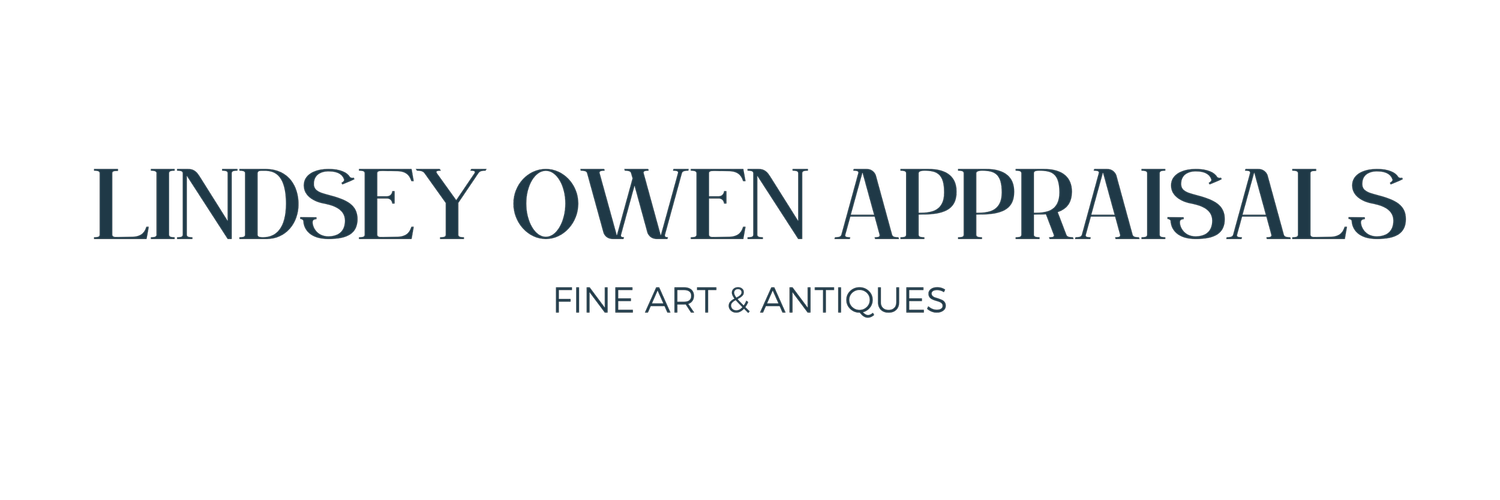Discover the True Worth of Your Art: How to Find Reliable Artwork Appraisal Near You
Embarking on the journey of selling or insuring artwork can be a complex experience, particularly when it comes to determining its true worth. Discovering a reliable artwork appraisal near you is not just beneficial; it's essential for artists looking to set fair prices and collectors safeguarding their investments. In this comprehensive guide, we will delve into the intricacies of uncovering the true worth of your art. We'll explore the profound importance of reliable appraisals, the factors that influence artwork value, and step-by-step instructions to find reputable appraisers in your area.
The Importance of Artwork Appraisal:
Artwork appraisal stands as a cornerstone in the art world, offering unbiased and professional assessments that are crucial for fair pricing, negotiation, and insurance coverage. Regardless of whether you're buying, selling, insuring, or donating artwork, having a clear understanding of its true value is indispensable.
What is Artwork Appraisal?
Artwork appraisal is a comprehensive assessment of a piece's value, taking into consideration various factors such as the artist's reputation, the artwork's condition, provenance, and market demand. Professional appraisers, equipped with expertise, provide expert opinions on the artwork's worth through various appraisal methods.
Different Appraisal Methods:
Artwork appraisal employs various methods, each tailored to the artwork's nature and the purpose of the appraisal. These methods include Sales Comparison Approach, Cost Approach, and Income Approach, all contributing to determining the value of the artwork.
Factors Influencing Artwork Value:
A deep understanding of key factors such as artist reputation, artistic style, condition, provenance, and market demand is pivotal in assessing artwork worth. These factors serve as guiding principles for both artists and collectors, aiding them in making informed decisions.
How to Find Reliable Artwork Appraisal Near You:
The quest for a trustworthy appraisal service involves careful consideration and thorough research. Here are detailed steps to find reputable appraisers in your area:
Research: Begin by researching local appraisers who specialize in artwork. Look for appraisers with professional certifications, memberships in reputable appraisal associations, and extensive experience in art valuation.
Ask for Recommendations: Seek recommendations from artists, collectors, or art professionals who have previously used appraisal services. Firsthand experiences can be invaluable in finding reliable and trustworthy appraisers.
Check Credentials: Verify the credentials of the appraisers you're considering. Look for certifications such as the International Society of Appraisers (ISA) or the Appraisers Association of America (AAA), ensuring that the appraiser has undergone rigorous training and adheres to ethical standards.
Interview Potential Appraisers: Schedule interviews with potential appraisers to discuss your needs and expectations. Inquire about their experience, expertise, and the appraisal process they follow. Ask about their fees and the turnaround time for the appraisal report.
Request Sample Reports: Ask appraisers for sample appraisal reports they have previously prepared. Review the reports to assess the appraiser's attention to detail, clarity of explanations, and overall professionalism.
Get Multiple Appraisals: Consider getting multiple appraisals to ensure accuracy and gain a broader understanding of your artwork's value. This can help you make more informed decisions based on a range of professional opinions.
Questions to Ask When Choosing an Artwork Appraiser:
Selecting an artwork appraiser requires asking the right questions to ensure you find a reliable and competent professional. Some questions to consider asking include:
What is your experience in appraising artwork?
Do you have any certifications or professional affiliations?
What is your appraisal methodology?
Can you provide references from previous clients?
What is your fee structure and turnaround time?
How will you ensure the confidentiality and security of my artwork?
The Appraisal Process:
Once you've selected a reliable appraiser, the appraisal process typically follows these steps:
Initial Consultation: The appraiser will discuss your priorities and timeline, the purpose of the appraisal, and any relevant information about the artwork, such as type and number of pieces.
Artwork Examination: The appraiser will physically inspect the artwork, noting its condition, dimensions, materials used, and any distinguishing features. The appraiser will also take photographs of the piece from all angles and detailed images of signatures and other significant marks.
Research and Analysis: The appraiser will conduct extensive research on the artist, comparable artworks, the art market. During this stage, specialists may be consulted and the appraiser may conduct due diligence to establish provenance or authenticity.
Valuation: Following the research and market analysis, the appraiser will determine the fair market value or the replacement value of the artwork and provide a detailed appraisal report. Within the report they will provide detailed and thorough justifications for their value which should be supported by comparable data.
Appraisal Report: The appraiser will prepare a comprehensive report that includes a description of the artwork, photographs, the value, supporting documentation, and any other relevant information.
Delivery of Report: The appraiser will deliver the appraisal report to you, ensuring that you have a clear understanding of the artwork's value and the factors that contributed to its valuation.
Understanding the Appraisal Report:
The appraisal report is a crucial document that provides a detailed analysis of the artwork's value. It includes:
Artwork Description: A thorough description of the artwork, including its title, artist, medium, dimensions, and any distinguishing features.
Valuation: The appraiser's determination of the artwork's value, along with the methodology used to arrive at that value.
Supporting Documentation: Any relevant documentation that supports the valuation, such as provenance records, sales data, or expert opinions.
Appraiser's Qualifications: Information about the appraiser's qualifications, including certifications, professional affiliations, and relevant experience.
Purpose of the Appraisal: A statement explaining the intended use of the appraisal, whether it's for insurance, donation, sale, or any other purpose.
Limitations of the Appraisal: Any limitations or disclaimers related to the appraisal, such as the appraiser's reliance on available information.
Benefits of Getting Your Artwork Appraised:
Getting your artwork appraised offers numerous benefits, which include:
Accurate Valuation: An appraisal provides an expert opinion on the artwork's value, ensuring that you have an accurate understanding of its worth.
Confidence in Pricing: For artists, an appraisal can help set fair prices for their artwork and ensure they are not undervaluing their creations.
Negotiating Power: For sellers, an appraisal can provide leverage in negotiations, as it provides an unbiased assessment of the artwork's value.
Insurance Coverage: An appraisal is essential for insuring artwork, as it establishes the artwork's value and ensures that it is adequately covered in the event of loss or damage.
Charitable Donations: If you're considering donating artwork, an appraisal is necessary for claiming tax deductions. It establishes the artwork's value and provides documentation for the donation.
Portfolio Management: For collectors, an appraisal helps manage their art portfolio by providing insight into the value of their investments and assisting with future buying and selling decisions.
Discovering the true worth of your art is a transformative journey that begins with finding a reliable artwork appraisal near you. Understanding the importance of appraisals, the factors that influence artwork value, and the steps to find reputable appraisers will empower you to make informed decisions and confidently navigate the art market. Don't let uncertainty hold you back – unlock the secrets of your artwork's worth and gain the confidence you need to showcase your collection.
How do I get my art appraised in Chicago?
Lindsey Owen Appraisals is headquartered in Chicago and we can help with all types of art appraisal projects. To start your art appraisal e-mail lindsey@loappraisals.com or call (312)783-8749. Please include the type of art you would like appraised, the number of pieces, and the intended use of the appraisal (e.g. donation, insurance, estate planning, etc.).
We can help!
Lindsey Owen, M.A. ISA-CAPP
Fine Art & Antique Appraiser




